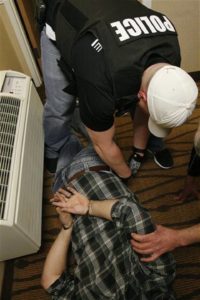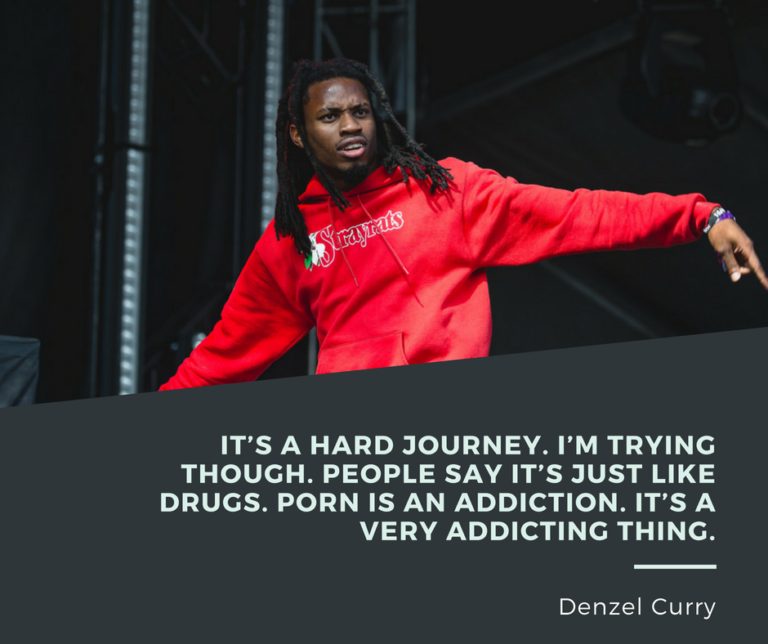By Sharon Cohen
03/08/2015
Associated Press
WILLISTON, N.D. – When she first arrived in town, Windie Lazenko headed to the neon-lit strip clubs and bars catering to lonely oil field workers with extra cash and time on their hands. She knew these were likely gathering spots for the sex trade — the life she’d given up long ago.
For nearly two decades, Lazenko was part of that illicit world, starting as a 13-year-old runaway when, she says, she was bought and sold for sex. Prostitution, pornography and strip clubs followed. Then she walked away from it all. She eventually moved to Montana and a few years ago, while counseling at-risk girls, she began hearing about young women being recruited for prostitution in the Bakken oilfields. She wanted to help.
Lazenko is now one of the most prominent activists in the fight against sex trafficking in the oil patch. She’s worked with federal prosecutors, the FBI and police, testified before state lawmakers and addressed church and school groups. She also has formed an advocacy-resource group, 4her North Dakota, reaching out to victimized women.
“I speak their language from the get-go,” she says. “I’m not law enforcement. I’m not out there to bust them. They don’t have to play the game with me. They’re going to respect me and I’m going to respect them. … I know what it is to be out there.”
Lazenko’s advocacy comes as state lawmakers are considering several new measures — including stiffer penalties for pimps and more money to help victims — to combat the Bakken sex trade.
In Congress, several bipartisan bills are pending designed to crack down on trafficking and ensure that minors who are sold for sex are treated as victims, not criminals. Sen. Heidi Heitkamp, a North Dakota Democrat has been among the most vocal legislators, co-sponsoring several measures and bringing federal officials to the state to train authorities on how to identify trafficking.

Law enforcement says the Bakken is a made-to-order market for trafficking: Thousands of men, far from home, are holed up in a remote place with ready cash and not many places to spend it. Bars and strip clubs are one option. Online sites also are filled with local ads such as “Body 2 Body Experience.”
In the past year or so, Lazenko says she’s helped several trafficking victims — arranging for women to be taken to shelters after they’ve fled their pimps or even opening her own apartment to them. She’s also escorted some women to court or meetings with prosecutors trying to make cases against traffickers.
At 46, Lazenko, is a grandmother of three, but in her short leather jacket, jeans and knit cap pulled down tightly over chin-length hair, she could be mistaken for a college student.
Though her past gives her credibility, Lazenko says getting trafficked women to walk away is difficult. “When these girls buy into their lives, their minds are made up,” she says. “The rescue mentality really doesn’t work. They don’t even consider themselves victims.”
It’s sometimes hard, too, to convince police that women are being coerced, Lazenko says. She points to one woman she helped who, she says, was beaten by her pimp when she wasn’t meeting her $1,000-a-day quota. “That’s human trafficking,” she says. “That’s not prostitution.”
Lazenko has won the respect of many in law enforcement, including U.S. Attorney Tim Purdon who calls her “the real deal” and says she’s made a huge difference in tackling sex trafficking. “You don’t have to be a rocket scientist to know that she can relate to these victims,” he says.
Lazenko’s own story begins with a troubled childhood in California. By her own account, she was sexually abused as a child and at age 13, she ran away, getting involved with people who trafficked her. By 16, she was married. By 19, she was a mother.
What followed was a life of sexual exploitation, she says, that she quit at age 32. Lazenko says it took years — and a newfound religious faith — to get on track.
She still has regrets about her past. “I would go the grocery store in my stripper shoes with my kids … with T-shirts on that said ‘Porn Star.’ I had no shame,” she says. “When I look back on that, it makes me sick to my stomach.”
That life damaged her relationship with her five kids, now 18 to 28.
“It’s a miracle that things are working out the way that they are,” Lazenko says. “It’s not perfect. … They suffered a lot because of the things that happened in my life, choices I made. I’m not going to say I was a victim 100 percent of the time … but slowly but surely, my kids are coming around.”
One of her goals is to establish a 30-day emergency shelter for trafficking victims. These women, she says, have special needs not available in the already crowded domestic violence shelters.
Meanwhile, Lazenko continues to encourage victims that there’s a way out.
“I tell them that they were created for more than this, that they have value and talents and they deserve a better life,” she says. “There’s hope, there’s hope. It’s just a reminder for me too, that even on the bad days, there is hope.”



